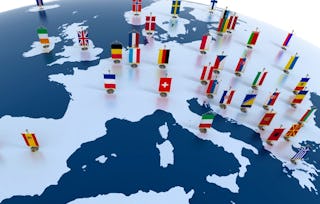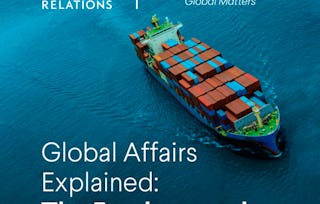This course is part of the IPSAMOOC project, a joint venture Federica Weblearning - IPSA, the International Political Science Association.
The course explains why international studies originating from the West are currently evolving towards a planetary approach to World politics, with a particular focus on global order and local disorders. Thinking globally helps explain new linkages between changes in the natural environment (demography, climate) and transformations of institutional designs. Will societies and peoples find a way to get along together in the long run despite intractable conflicts and divergence of social and national interests? Will States delegate enough sovereignty to universal organizations, breaking definitely with Hobbes’ constant (no transfer of power beyond national borders)? Will the World ever be governed, and more democratically governed? To answer this series of central questions, global politics draws on anthropology, history, sociology, economics and psychology. A mix of paradigms comforts this mix of disciplines, since no single approach may suffice to explain global issues. Combining various ways of thinking is conducive to a fuller account of the myriads of transactions that make the planet evolve towards a more complex equilibrium.















